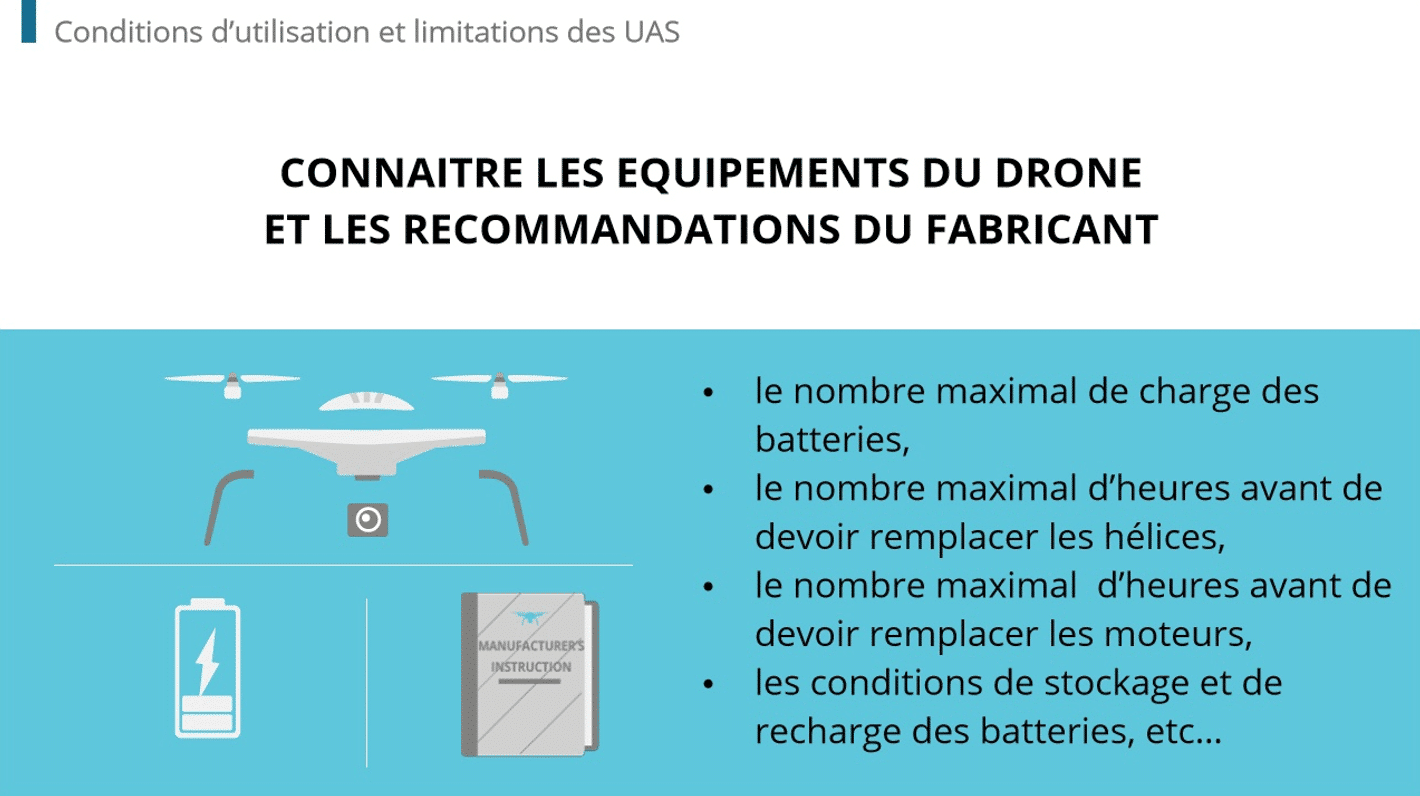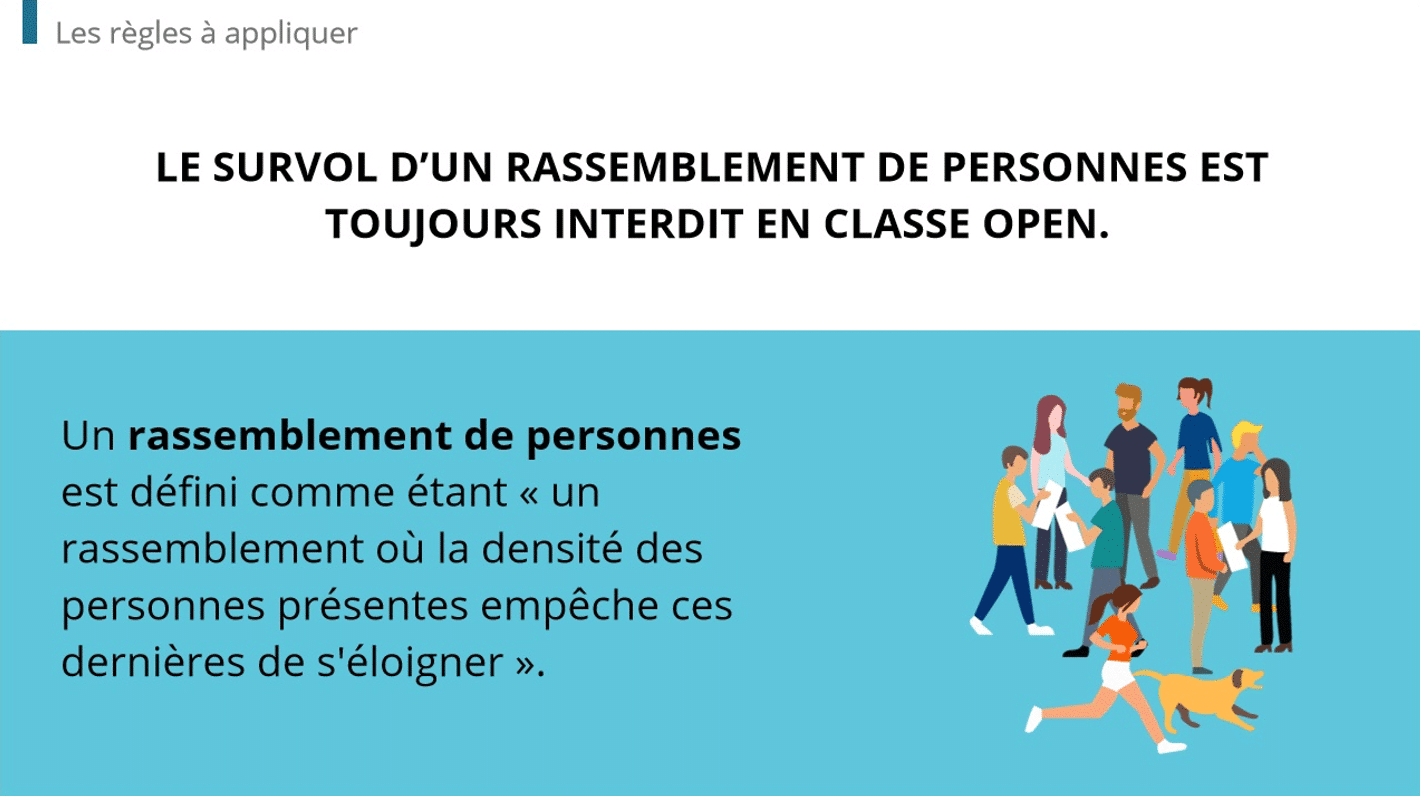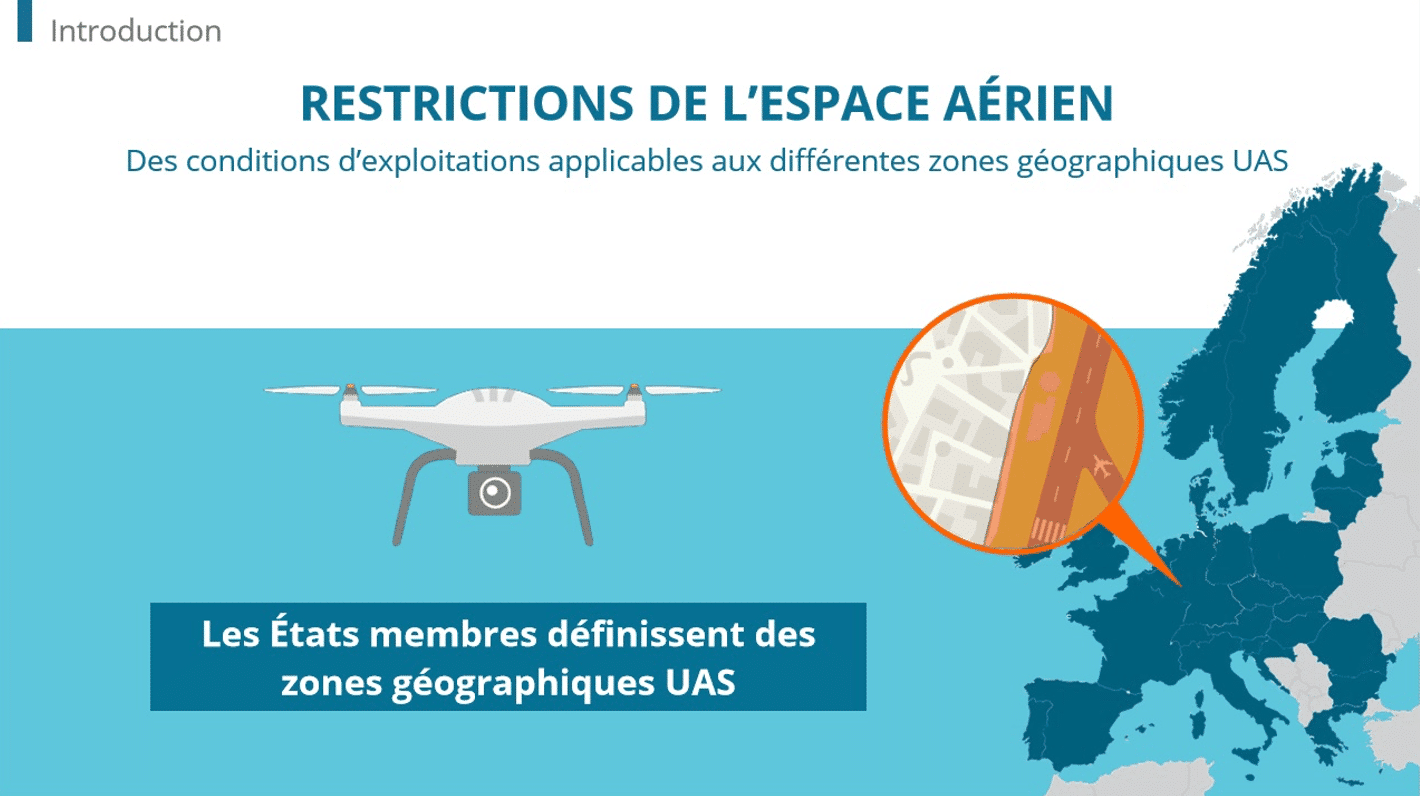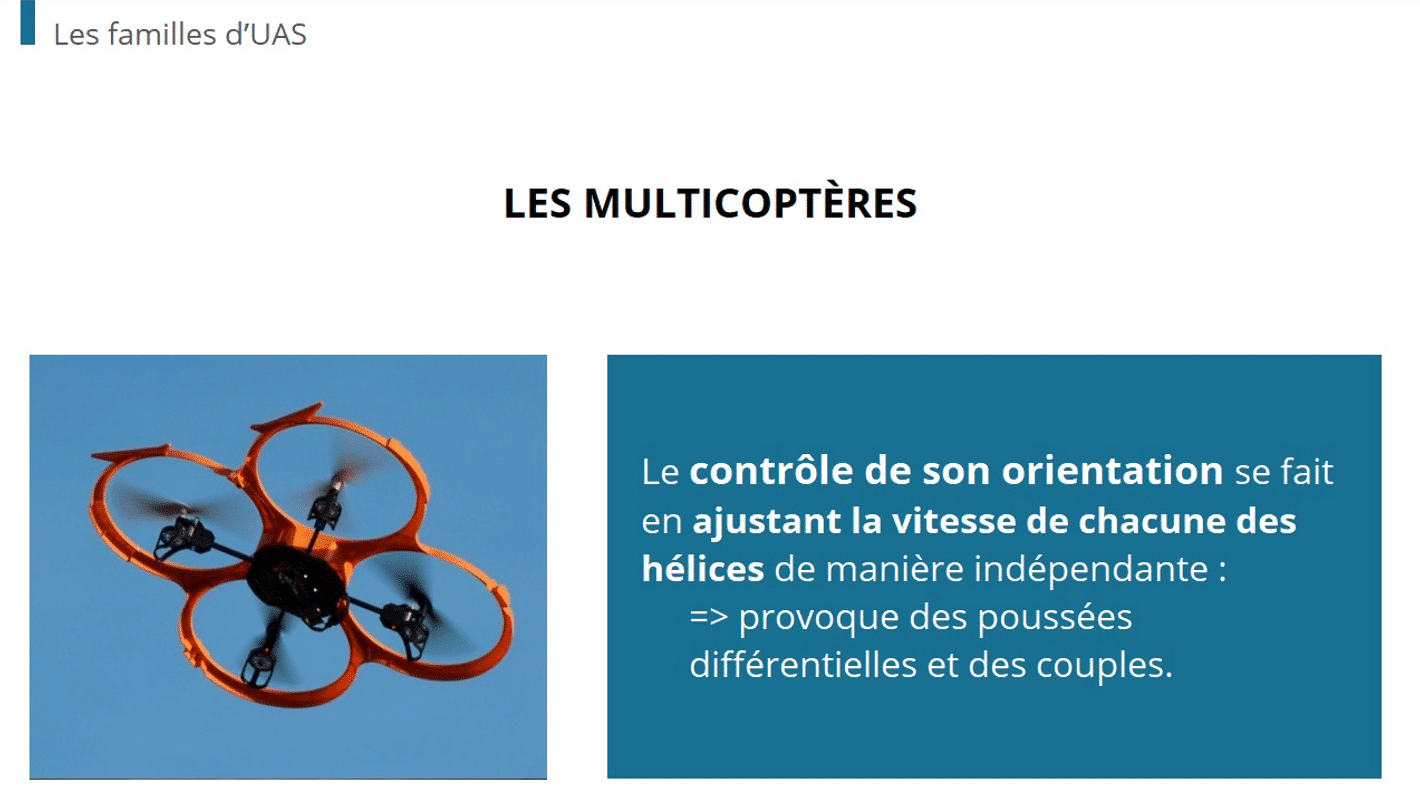After the collapse of FTX, the cryptocurrency giant, two U.S. senators introduced the Digital Asset Anti-Money Laundering Act. The proposed bill aims to set know-your-customer (KYC) requirements on blockchain infrastructure located in the United States. Know your customer (KYC) is a set of regulatory requirements intended to prevent embezzlement, money laundering, and other forms of fraud in the financial sector. KYC training is mandatory in most jurisdictions. With this being an essential requirement, it’s critical that the training covers all the bases. Incorporating a learning management system (LMS) like Dokeos LMS helps significantly with the training process for both the course developers and course takers.
Why KYC training is essential
KYC compliance encompasses a set of procedures for vetting new customers. It ensures that customers are who they say they are. For instance, KYC regulations may mandate that a new bank or lending institution customer verify their identity by submitting identifying documents. It may also include background checks to identify customers at a high risk of committing financial fraud. The intent behind KYC is to prevent fraudulent activity that can harm the financial institution, its staff, and its customers.
Each country has its own rules governing KYC regulations. In the UK, for instance, financial organisations must abide by anti-money laundering (AML) laws set forth by the Financial Conduct Authority (FCA). The FCA does not provide a formal set of compliance rules. Instead, it recommends that institutions create their own internal KYC rules using the official UK Government website on customer identity verification as a guideline.
How does an LMS streamline KYC training?
Many financial organisations are adopting an LMS and making it a mainstay in their onboarding training and refresher courses. Here are some of the advantages with respect to KYC compliance.
1. Regulatory compliance
Is your organisation ready if there’s a surprise audit from someone representing the FCA? With an LMS, you can show auditors that you demonstrated good faith in ensuring compliance among staff through comprehensive training. Show auditors the following as proof of compliance:
- Full course material, complete with updates coinciding with federal changes in KYC or AML
- Course certificates
- Course metrics, such as completion rates and average scores
2. Instructor-led training
Compliance and regulatory training contain a lot of formal language, much of which can be open to interpretation. This is why there should be a component with a live instructor who can walk students through the regulatory provisions and answer questions as they come up in real time. An LMS makes this intuitive with webinar and virtual classroom setups. Take advantage of features like:
- Automatic notification reminders
- Real-time metrics (e.g., attendance numbers, login time, etc.)
- Automatic password generator for secure webinar sign-ins
- Easy session recording with the push of a button
Instructors can also connect privately with students who may be falling behind or need one-on-one assistance. Likewise, they can connect with HR to report on training progress or request modifications to the training material.
3. Certification
Both digital and paper certificates are invaluable documents in the event of an audit. With an LMS, create your own in-company certificates using an intuitive drag-and-drop builder. In addition, choose from a number of templates, fonts, and colour palettes. You can also create your own emblem or authenticity marker. Keep records of who successfully completed the course and provide a downloadable/printable option for students to access anytime.
With refresher courses, save time by using the same certificates but with changes to the date and course name.
4. Online collaboration
Encourage teamwork with online collaboration via the cloud network. Students can check who is online and ask questions through a discussion board. Instructors also have access and can chime in or act as a moderator.
Feedback shouldn’t just come from the instructor. Fellow students can also act as helpers to one another by providing their own take or interpretation of complex regulatory procedures. Students can also arrange their own group study sessions. Likewise, instructors can schedule optional tutoring sessions, especially before an exam.
5. Engagement through gamification
Compliance and procedural training aren’t exactly the most entertaining topics, to put it bluntly. The challenge is creating an engaging course out of inherently bland material. Here are some ways to create an engagement-worthy course.
- Add a competition element by incorporating digital trophies, badges, and scoreboards.
- If there is formal compliance training material, translate it into more engaging content in the form of infographics, slides, or interactive videos.
- Enable students to track their progress, scores, and accumulated trophies and see their placement in relation to other students.
- Give the option for students to create their own animated avatars for their profile pictures.
LMSs come with built-in gamification features. Gamify as you see fit for your industry and institution.
Simplify KYC training with Dokeos LMS
In an era where financial laundering, identity theft, and embezzlement are a constant threat, KYC training is an integral prevention measure. Your staff needs to be absolutely up to date on the latest risk mitigation factors. With Dokeos LMS, create a comprehensive course that empowers your staff with knowledge that’s applicable in real-world settings. Whether you are a multinational corporation or a small company, we support you in the creation of appropriate online training and assessment solutions.
Sign up for a free trial today!








































